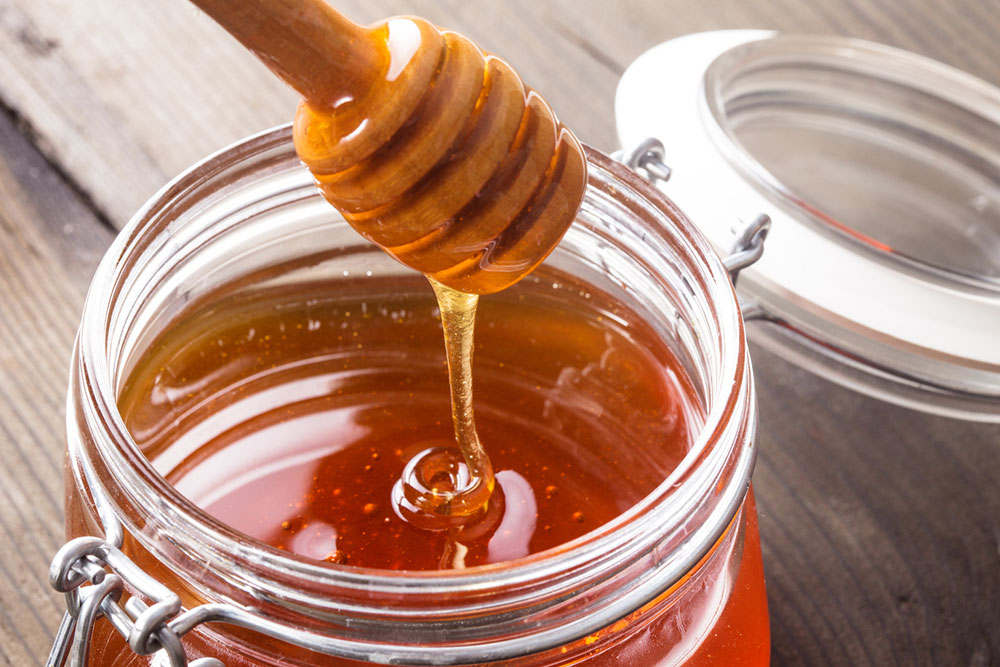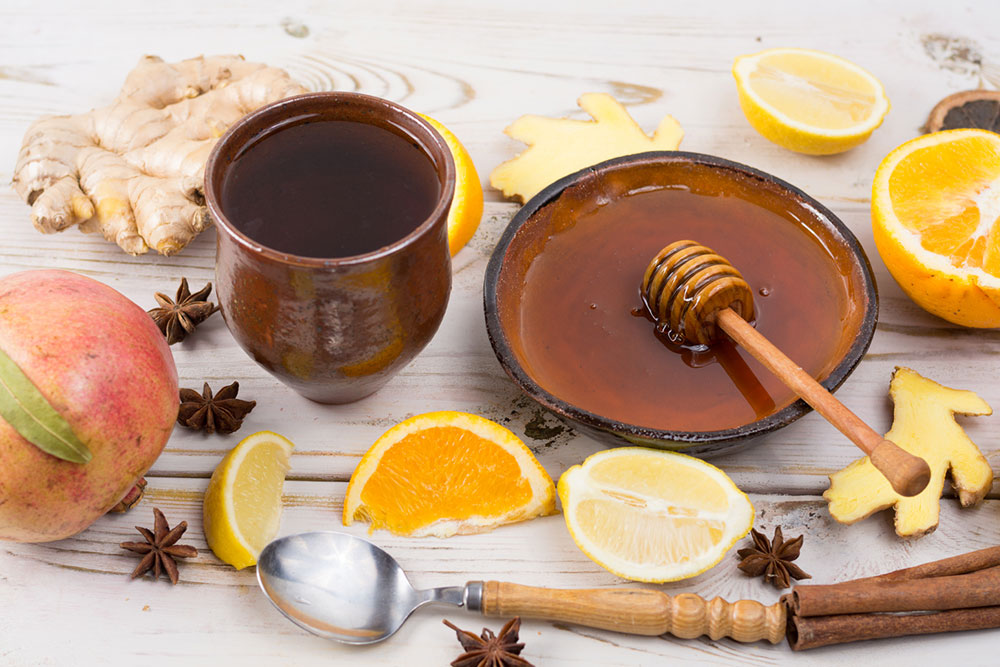Natural and Effective Strategies to Alleviate Strep Throat Discomfort
Discover comprehensive natural remedies for strep throat relief. From honey and herbal teas to vitamin C-rich foods and saltwater gargles, learn effective methods to soothe sore throats, reduce symptoms, and support your immune system. Combining these home strategies with medical treatment can enhance recovery speed and comfort. Ideal for those seeking gentle, natural approaches to manage strep throat symptoms safely and effectively, this guide provides practical tips for effective healing and symptom alleviation.

Comprehensive Natural Remedies to Soothe and Heal Strep Throat
Strep throat is a highly contagious bacterial infection that affects many individuals each year worldwide. It is characterized by a sudden onset of severe sore throat, difficulty swallowing, fever, and swollen lymph nodes. Prompt medical diagnosis and treatment are essential to prevent potential complications such as abscesses or rheumatic fever. While antibiotics prescribed by healthcare professionals remain the primary treatment modality, integrating natural home remedies can significantly help in reducing symptoms and supporting the body's healing process. Natural strategies not only provide symptomatic relief but also strengthen the immune system, aiding quicker recovery.
Understanding the Symptoms of Strep Throat
Early identification of strep throat symptoms is vital for effective management. Typical indicators include a sudden, intense sore throat accompanied by pain during swallowing, fever exceeding 101°F (38.3°C), and visibly red, swollen tonsils that may have white patches or streaks of pus. Additional symptoms to watch for are a rash, tiny red spots on the palate known as petechiae, and tender, swollen lymph nodes in the neck, especially at the front. Some individuals may experience headaches, nausea, or stomach discomfort. Recognizing these signs early prompts individuals to seek medical attention promptly, which is crucial for appropriate antibiotic administration and natural intervention strategies.
Home Remedies to Accelerate Healing and Relieve Discomfort
Honey
Raw, high-quality honey is renowned for its medicinal properties. It possesses potent antioxidant, antibacterial, antiviral, and anti-inflammatory effects that can help soothe sore throats and combat bacterial infections. Consuming a spoonful of pure honey, especially varieties rich in enzymes such as Manuka honey, can create a protective coating over the inflamed mucosa, reducing irritation and pain. Its immune-boosting qualities can also help the body fight off the infection more effectively. To optimize benefits, take honey directly or mix it into warm water, tea, or lemon water—avoiding boiling temperatures to preserve its beneficial properties.
Herbal Teas for Natural Relief
Herbal teas like chamomile, dandelion, licorice root, and marshmallow root are traditional remedies known for their soothing effects. Chamomile tea contains antioxidants that help reduce inflammation, ease respiratory congestion, and promote relaxation. Dandelion tea supports detoxification and immune function, aiding recovery. Drinking warm herbal teas helps keep the throat moist, alleviating dryness and discomfort. Herbs like licorice root contain compounds that soothe mucous membranes and may have mild antiviral properties. Always ensure the herbs used are safe and free from contaminants, and consult a healthcare professional if unsure about herbal choices.
Boosting Immunity with Vitamin C-Rich Foods
Incorporating foods high in vitamin C such as oranges, strawberries, kiwi, bell peppers, and kale is beneficial during strep throat. Vitamin C enhances immune system function and promotes tissue repair in the throat and other affected areas. If swallowing solids becomes difficult, blending these fruits and vegetables into smoothies provides a nutritious, easy-to-consume option. Supplementing with vitamin C tablets—typically around 1000 mg daily—can further support healing, but it is essential to consult a healthcare provider to determine appropriate dosages based on individual health status. Consistent intake of vitamin C-rich foods and supplements can shorten illness duration and lessen severity.
Nourishing the Body with Bone Broth
Bone broth is a nutrient-dense liquid filled with vital minerals such as magnesium, calcium, phosphorus, and collagen. These nutrients are crucial for immune support, tissue repair, and inflammation reduction. Warm bone broth is particularly soothing for sore throats and provides hydration that keeps mucous membranes moist. Its consumption can help replenish energy and support recovery by nourishing the body's immune system. Additionally, bone broth contains amino acids that facilitate healing and aid in reducing inflammation, making it a worthwhile addition to the diet during illness.
Saltwater Gargle for Symptom Relief
Gargling with warm saltwater remains one of the most effective natural remedies for sore throat relief. To prepare, dissolve about ¼ to ½ teaspoon of sea salt in a cup of warm water. Gargle several times daily, especially after meals, to help reduce inflammation, loosen mucus, and diminish bacterial load in the throat. Saltwater promotes healing by creating an environment inhospitable to bacteria and viruses, while also providing a soothing effect on inflamed tissues. Although this natural remedy is highly effective, persistent or worsening symptoms require medical reassessment for proper diagnosis and treatment.
Eating Soft, Gentle Foods
During strep throat, avoiding irritating foods is essential. Soft foods such as cooked rice, oatmeal, mashed potatoes, yogurt, scrambled eggs, and broths are easy to swallow and minimize discomfort. These foods provide essential nutrients without irritating inflamed tissue. It’s advisable to steer clear of spicy, acidic, or crunchy foods—like chips, citrus fruits, and raw vegetables—that could aggravate the sore throat or cause further inflammation. Incorporating cool or lukewarm foods can also soothe the throat while maintaining nutritional intake.
Using a Humidifier to Improve Breathing Comfort
Maintaining optimal humidity levels in the room with a cool mist humidifier can significantly alleviate throat dryness and congestion. Proper humidification moistens mucous membranes, easing breathing and reducing irritation. Regular cleaning of the humidifier is necessary to prevent mold growth and bacterial contamination. Warm mist humidifiers are generally not recommended for comfort, especially during illness, as they might pose a burn risk or worsen symptoms. Proper humidity levels, ideally between 40-60%, support respiratory health and promote a quicker recovery process.
Prioritizing Rest and Adequate Hydration
Rest is fundamental when fighting infections like strep throat. Sleep boosts immune responses, enabling the body to mount a more robust defense against bacteria. Aiming for at least 7-9 hours of quality sleep each night can substantially impact recovery times. Similarly, hydration plays a critical role—consuming at least 8 glasses of water daily helps keep the throat moist, supports lymphatic function, and flushes out toxins. Avoiding acidic or caffeinated drinks that can lead to dehydration or throat irritation is recommended. Adequate rest and hydration combined strengthen the immune response and accelerate healing.





